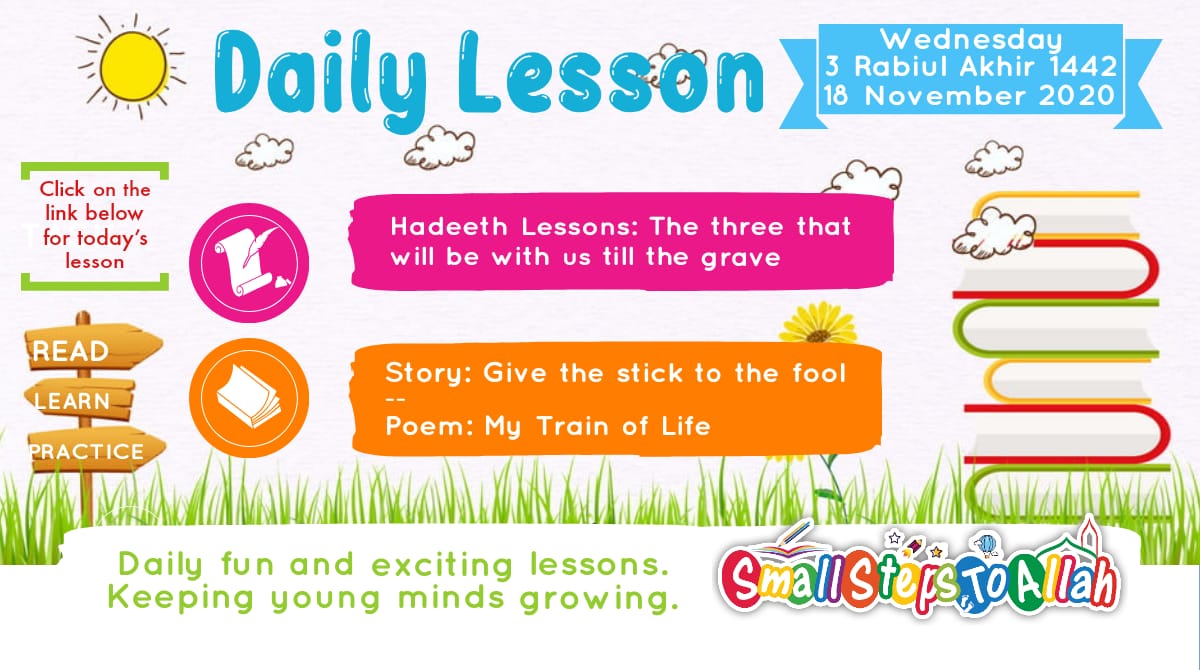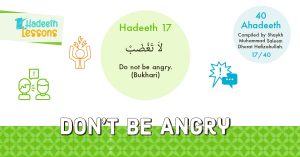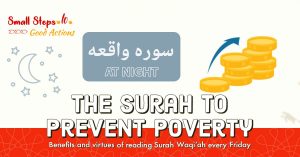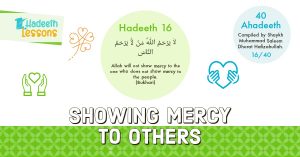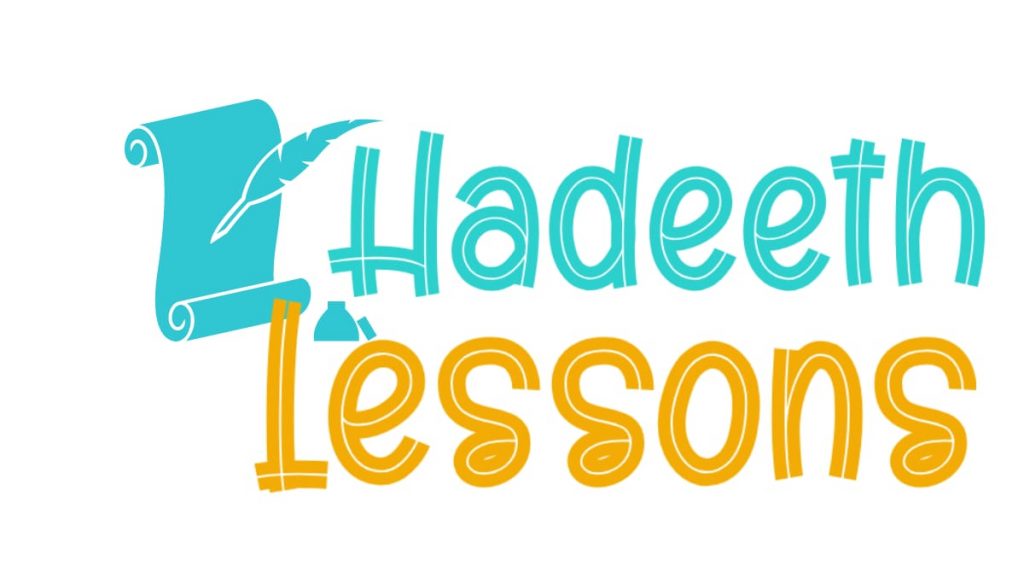
Memorise and practice a new hadeeth every week!
By Mawlana Junayd Makda Sahib
The Three that will accompany us till the grave
يَتْبَعُ الْمَيِّتَ ثَلَاثَةٌ فَيَرْجِعُ اثْنَانِ وَيَبْقَى وَاحِدٌ يَتْبَعُهُ أَهْلُهُ وَمَالُهُ وَعَمَلُهُ فَيَرْجِعُ أَهْلُهُ وَمَالُهُ وَيَبْقَى عَمَلُهُ
Our Beloved Nabi ﷺ said, “Three things follow a deceased person. Two of them return and one remains. His family, his wealth, and his deeds follow him. His family and wealth return, but his deeds remain”
Sahih al-Bukhari
Explanation
Every person has to leave this world, and undertake the long, exhausting journey to the hereafter. Like with any journey we undertake in this world, the journey to the hereafter, requires us to have good travel companions and travel essentials.
In this hadeeth, our beloved Nabi ﷺ has very beautifully categorised our life into three simple categories, and informed us of how far each of these categories will come with us in our journey to the hereafter.
Category one – Our family
Category two – Our wealth
Category three – Our good and bad actions
Category one and two (our family and wealth), which consume the largest part of our time will unfortunately only accompany us up to the grave.
It is only the third category (our good and bad actions) which will accompany us all the way.
Surely, a clever person after reading this hadeeth will choose to prioritise the third category and prepare as many good actions as possible to make his journey of the afterlife as easy and comfortable as possible.
What we learn from this hadeeth:
1) Our family and wealth will not be able to come with us to the hereafter, we should therefore spend as much time as possible doing good actions. After all it is the only thing that will come with us.
2) Our bad deeds will accompany us into the hereafter too. So our aim should be to have only good deeds with us and not bad deeds.
3) From another hadeeth we learn that after we pass away, all our actions stop except for three:
A) A pious child who makes du’a for us
B) Any knowledge left behind from which people benefit
C) Any sadaqah we took out and that continues to be used.
Note: Though our families and friends cannot accompany us, if they have good deeni understanding, they will continue to benefit us through duas and good actions. So keep good company!
4) Remember, that our wealth and savings are in reality, not ours. They really belong to our inheritors. All that is ours, is what we have used (e.g food and clothes) or sent forward by spending it in good charitable causes.
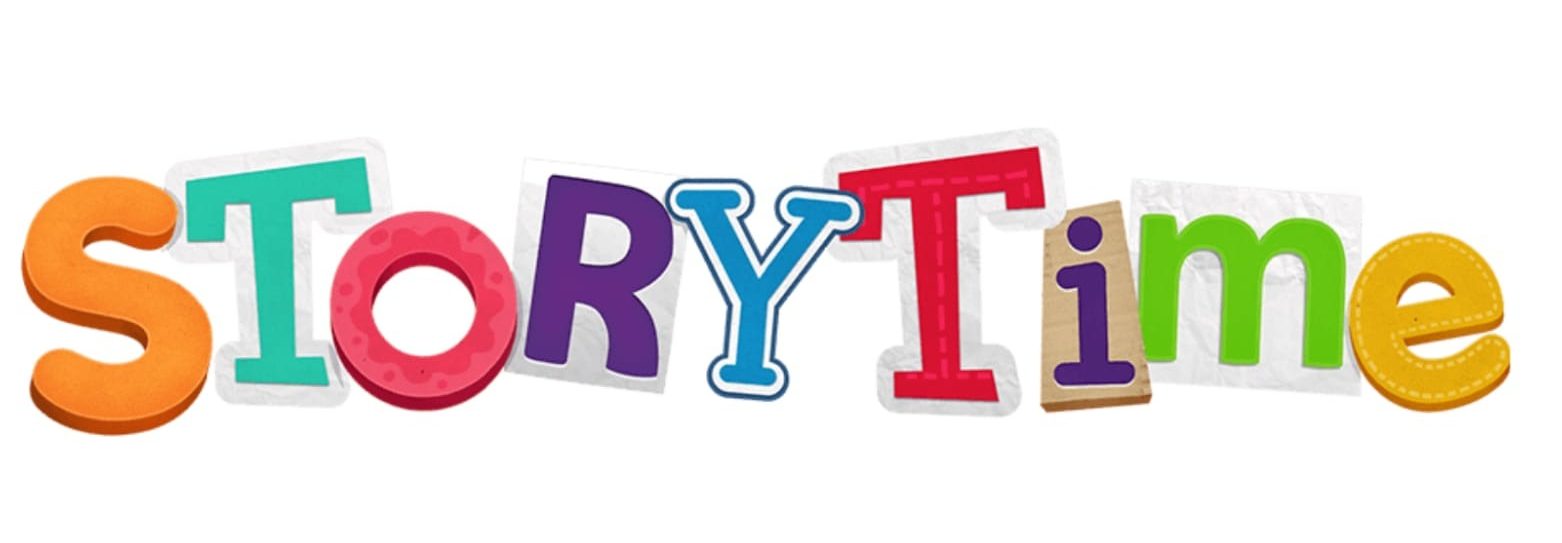
Give the stick to the fool!
Bahlool was a very pious man living in the time of Khalifa Haroon Al Rasheed. Due to his simplicity, many did not recognise his piety and took him for a fool. People would joke around with him and sometimes use him for their amusement.
Khalifa Haroon Al Rashid had given him access to his court, possibly for his entertainment.
Once the Khalifa gave him a walking stick saying, “This stick is reserved for the most foolish person in the world. If you find a person more deserving of it than yourself, pass it on to him.”
Several years passed and Haroon Al Rashid fell seriously ill and no medical treatment seemed to work. Bahlool visited him and inquired about his condition. The conversation went something like this:
Haroon: “No treatment is working. I see my final journey ahead of me.”
Bahlool: “Where are you going?”
Haroon: “I am going to another World.”
Bahlool: “How long will you stay there? When will you come back?”
Haroon: “No one ever comes back from that world.”
Bahlool: “Then you must have made special preparations for this journey. Did you send a group forward to take care of your accommodation etc. for when you reach?
Haroon: “Bahlool, you have to go there alone. And no, I have not made any preparations.”
Bahlool: “Ameer-ul-Momineen! You used to send troops to make extensive preparations for even short trips. Now you are going to a place where you’ll live forever, but you have made no preparations?! I think I have found the person more deserving of the stick that you once gave me.”
Moral:
This story speaks true for all of us. We may not be kings but we do plan our trips of even a few days very carefully. How about preparing for the journey from which there is no return? Surely, we will all be foolish unless we prepare for this long and eternal journey by doing good actions.
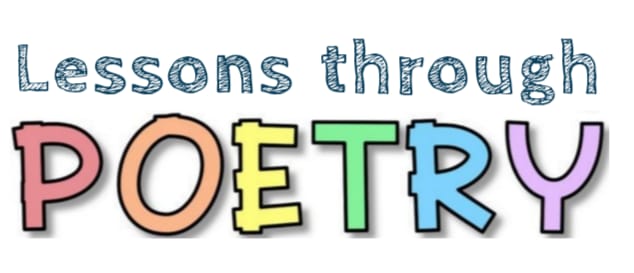
My Train of Life
By (Mawlana) Junayd Makda
Here in my train of life,
I am but a lonely soul.
A soul living in a crowd,
But really i am alone.
I see the others on board,
Some asleep some awake,
Some talking some walking,
Some busy on their phones.
Some busy working away,
While some are eating away.
Each person really alone,
Riding within the crowd.
From station to station,
Some suddenly leaving,
While some preparing to go,
Some sat staring without clue.
Some sat in first class,
While some in economy,
Making no difference at all,
For the journey is still the same.
Each one knowing what is true,
On this journey they are alone,
They are only having sat,
To reach their station home.
This is indeed my train of life,
Moving so swiftly to the afterlife,
Edging closer to my final station,
I am sat ready too.
I need in my briefcase,
Keys for my final home,
My ID card for who I am,
And my CV for what I am worth,
I have transferred all my funds,
And set up some investments,
For if till now I was alone,
At my station, only Allah knows.
I am tired of my journey,
Yet anxious of what awaits,
I hold tight my briefcase,
Asking if I’m ready?
As I stand to the final call,
I look for some support,
But I find no one standing,
For I am really alone.
Moral:
We are all on a journey to the afterlife and it is a journey we are alone in. It is what we send forward and what we place in our briefcase that matters. If we have transferred good actions over and we are carrying Iman and good actions in our briefcase, we will Insha’allah have a comfortable journey and a lovely destination waiting for us. So we need to spend time and assess what we have done for the hereafter and make sure we have done enough
Why not go through the poem again as a family and try to draw further lessons from what is being said by the poet. There are plenty of lessons to be taken Insha’allah!

